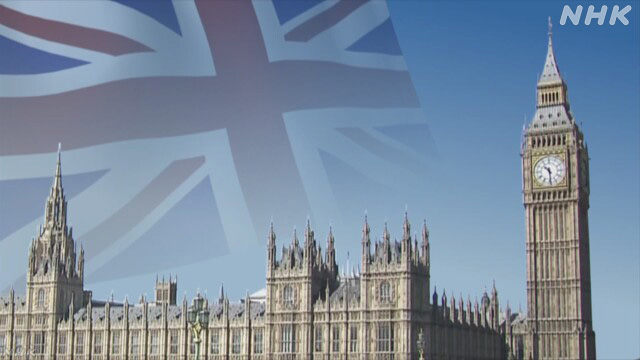As global inflationary pressures intensify, the Bank of England, the central bank of the United Kingdom, has decided to raise the policy rate to 0.25% and has taken the lead in tightening monetary policy.
The Bank of England announced on the 16th the results of a regular meeting held until the day before.
As a result, we decided to raise the policy interest rate from the record low of 0.1% to 0.25% while maintaining the scale of quantitative easing to purchase government bonds and supply a large amount of funds to the market.
In the UK, the consumer price index rose 5.1% last month as economic activity resumed, accelerating inflation to its highest level in about 10 years, well above the Bank of England's target of 2%.
Infection of the mutant virus, Omicron strain, is spreading rapidly in the UK, and it has been observed that the market will not raise interest rates in order to determine the impact on the economy, but the Bank of England is aiming for price stability in August 2018. Since then, we have decided to raise interest rates for the first time in 3 years and 4 months, and have taken the lead in tightening monetary policy.
Central banks such as South Korea and New Zealand have already raised rates amid rising global inflationary pressures, and the US Federal Reserve has decided to end quantitative easing ahead of schedule next year. , Shows the assumption of raising interest rates three times.

